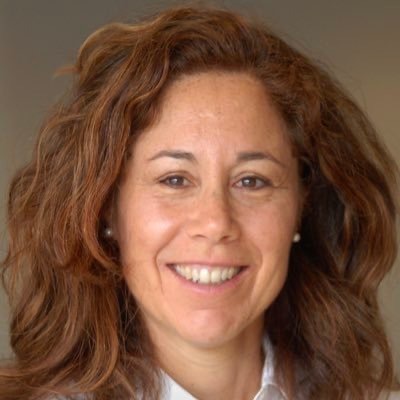
Hamilton’s primary care team integral to HHS’ COVID response
Primary care and hospital care go hand-in-hand for delivering the best care to our community. For many people, an in-person visit to the family doctor is often the first touchpoint with the healthcare system. With COVID, the delivery of primary care services had to quickly adapt to support patients, the community and our hospitals.
Hamilton’s primary care network includes almost 500 family physicians and several hundred allied health care providers. At Hamilton Health Sciences, the Department of Family Medicine includes approximately 200 family doctors who practice across the communities of Hamilton and West Lincoln. In addition to providing community care, this team provides active hospital care at several HHS sites, including intrapartum and newborn care and assisting with many aspects of end of life care.
The group is loosely affiliated and organized under the name of Hamilton Family Medicine (HFAM), which is led by Dr. Tammy Packer, Chief, Departments of Family Medicine, Hamilton Health Sciences and St. Joseph’s Healthcare and Primary Care Lead for Hamilton.
To meet the intense demands for change during COVID, the HFAM team mobilized quickly to support hospitals and patients while establishing communications among HFAM members. They also worked closely with Hamilton Health Sciences, St. Joseph’s Healthcare and Public Health to plan and staff two COVID assessment centres and one drive-through testing site.
“Our call to support assessment centres was answered immediately and abundantly. Many physicians are new to the area and can’t say enough good things about the support they feel working as part of the hospital team,” said Dr. Packer.
To keep members apprised of rapidly changing COVID information, HFAM established a virtual town hall and expedited plans for hfam.ca, launching it within 48 hours of the emergency mandate to suspend all non-urgent clinical service. For family doctors, the website has become a repository for all things COVID including assessment, testing, and care guidelines. The website has received national recognition by the Canadian College of Family Physicians.
Building patient relationships in new ways
While supporting COVID in our community, family doctors have had to redesign the personalized care patients are accustomed to and go virtual.
“Through this pandemic we’ve realized how much we are willing to do for our patients; the ones we’ve known for decades, and also the newer patients.
We know that the effort we put in to caring for our patients fosters the type of doctor-patient relationship that is based on trust, grace and honesty,” said Dr. Anne Aubé, family physician and primary care lead for West Lincoln Memorial Hospital.
Feedback from patients on family doctor’s ability to ‘see’ their doctor has been well received, according to Dr. Aubé.
“Because of the rapport family doctors have with their patients, they are often easily reassured in times of adversity. We can educate them as we are most often the first person they will seek advice from during illness and various experiences that can cause fear and anxiety. This contact can lead to lasting and positive change. That is something I think all family physicians should be humbly proud of,” said Aubé.
Supporting the need for essential conversations
As a result of COVID, HFAM identified a need to support the community in understanding the importance of advance care planning when one is not experiencing a life-threatening illness. These important and often difficult conversations includes understanding personal values for what matters most at end-of-life.
The team’s Advance Care Planning Task Force developed a comprehensive suite of materials to support family physician colleagues in having these essential conversations with patients and a public campaign to highlight its importance.
“While COVID has presented many immense challenges, it has certainly highlighted many strengths of the entire team we have in Hamilton. Our primary care and hospital care teams are committed to the best health and outcomes for our community,” said Dr. Packer.
